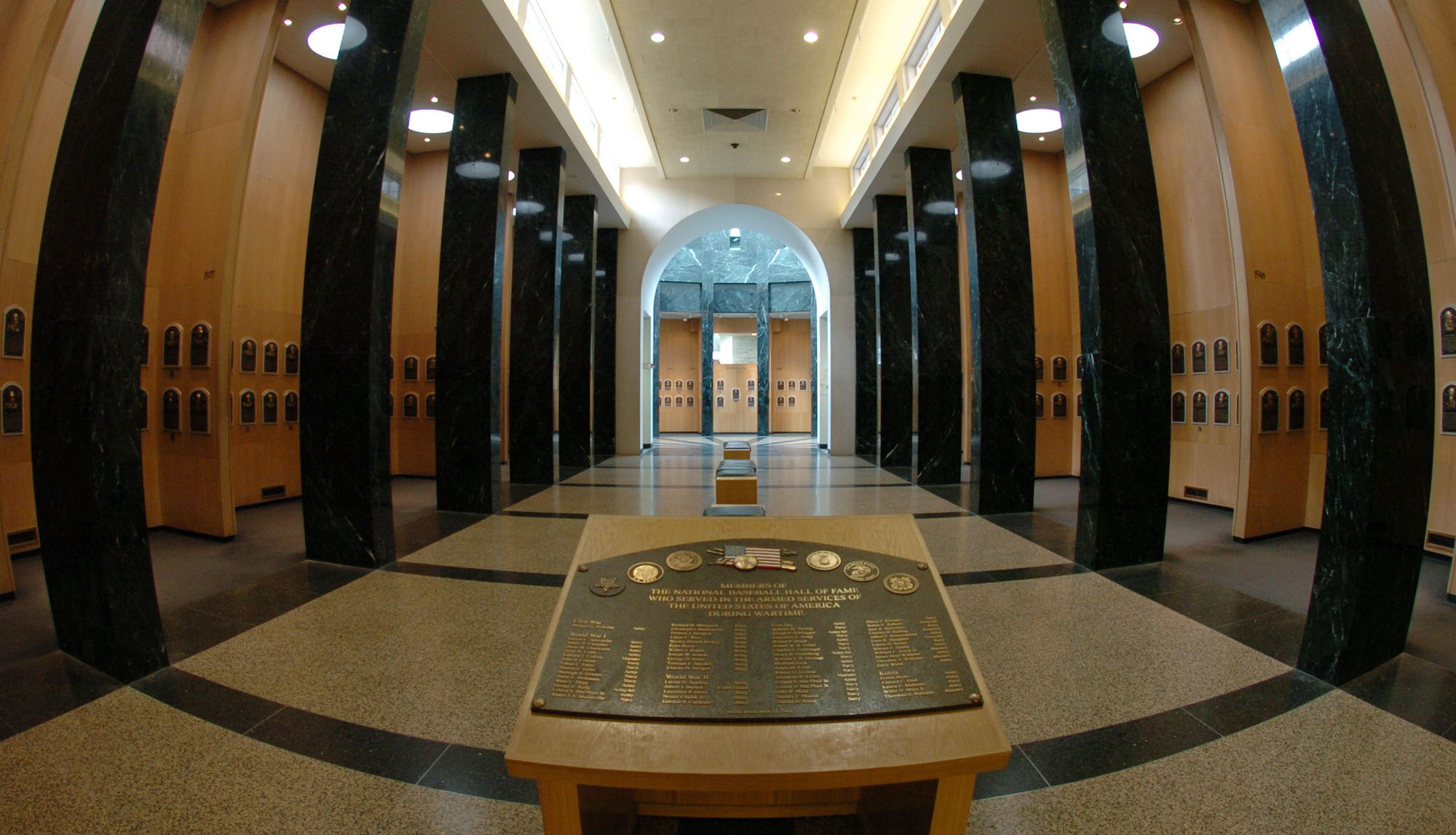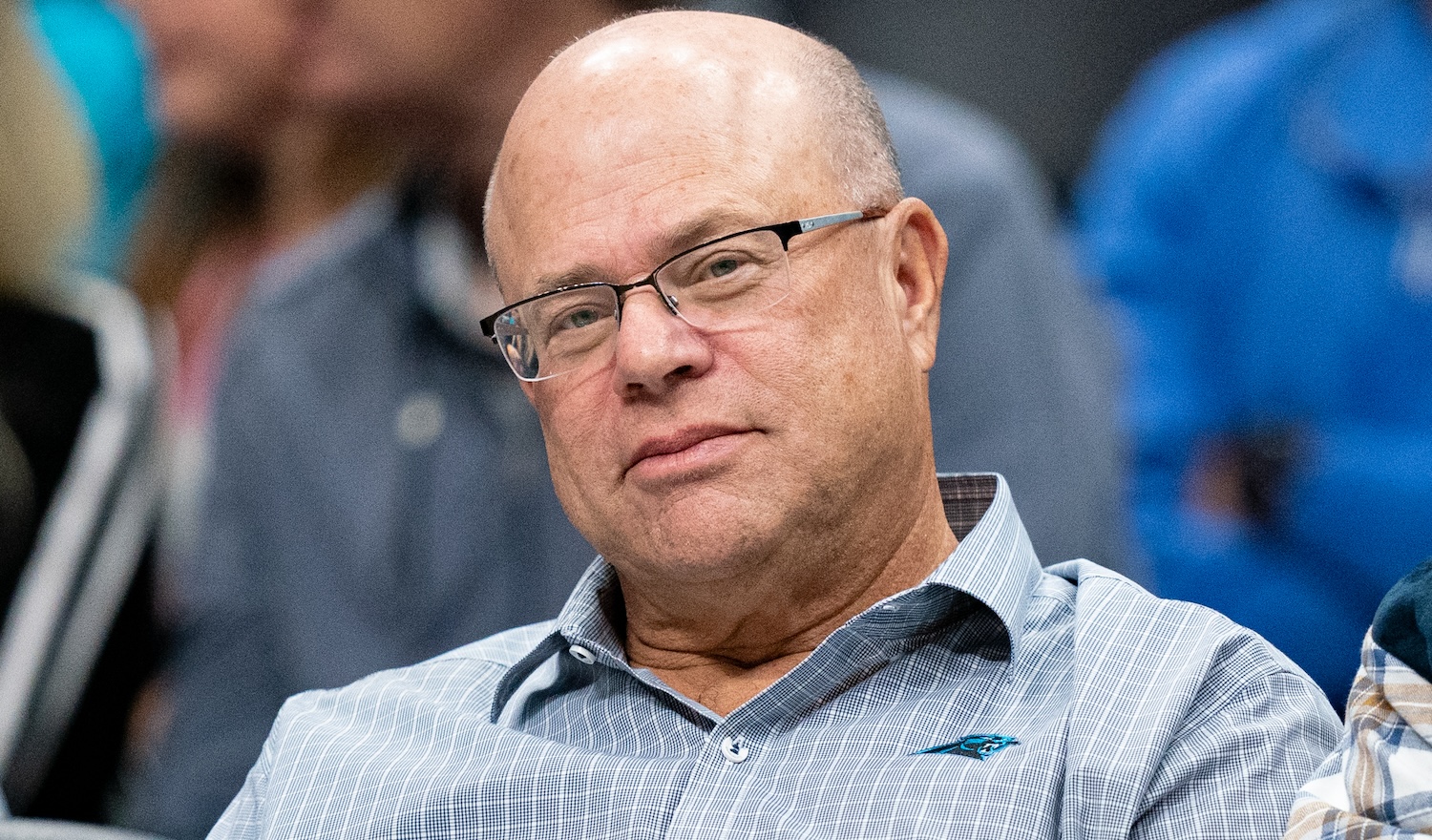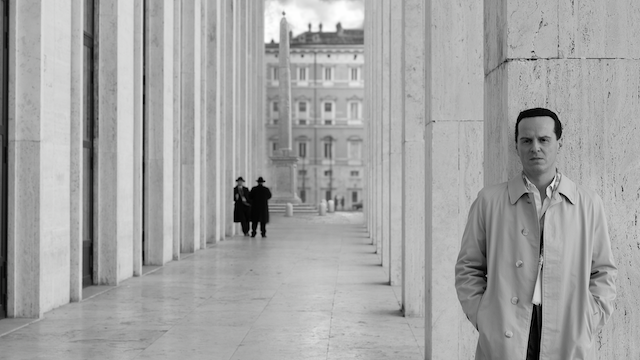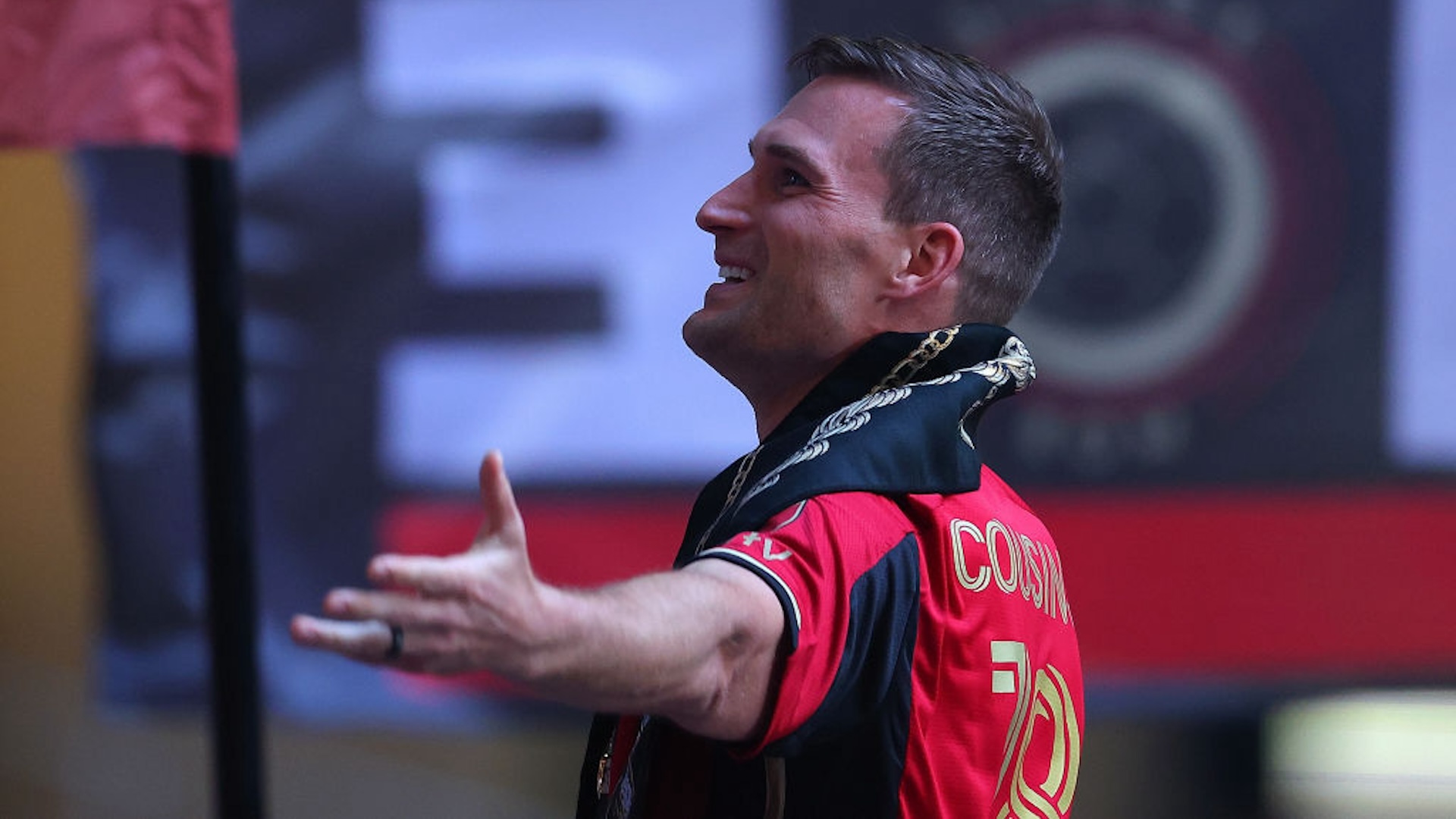The Hall Of Fame’s Problem Is Baseball
11:32 AM EST on January 25, 2021

Kevin Draper of The New York Times (I know, I know, shut up about what you think of the Times already; and about Draper specifically, for that matter) wrote a piece for the Sunday edition headlined "Hall Of Fame Voting, Once An Honor, Now Seen As A Hassle," and it was a well-typed offering to the notion that the once-hallowed act of putting a check mark in a box next to the name of a baseball player, putting the paper upon which those names reside in a prepaid envelope and shipping it to a suburb of Valhalla, is now viewed by some as an immeasurably onerous burden.
Well, it is neither honor nor hassle, and all the folks who find aspects of the system troubling (go on, pick a card, any card) would do well to remember that. Of course the system is troubling. All systems are troubling. Society is devolving at such a rapid rate that the aliens would probably do well skipping us entirely and colonizing Neptune instead.
(And I mean no offense to any voters or any side of the issue. We have people on staff who mean offense to all of you, so I don't have to.)
The problem here is the same as it's always been. It isn't an honor because voters haven't been named priests of baseball and should stop acting like it, and it isn't a hassle because the envelope with the ballot inside weighs an ounce, and mailboxes are always open. Work midnight-to-eight shoving crates of canned hams at a warehouse store with a balky forklift, then come talk about hassles.
In a year in which no one may be inducted at all, and the four with the best voting history—Curt Schilling, Roger Clemens, Barry Bonds, and Omar Vizquel—provide a fairly joyless canvas upon which to splash, it is understandable that those who think they are sorting out heroes might find the exercise a level of ballast too great to drag about the grounds. Schilling's politics and C-student-level internet provocations struggle to attain enough coherence to be reprehensible, Bonds and Clemens have left long chemical trails and get-lost-punk interactions behind them, and Vizquel has been accused of spousal abuse. And nobody is bubbling with glee about Scott Rolen one way or the other.
Draper singles out the character clause as the greatest problem some voters wrestle with and find most quarrelsome, and a lot of thoughtful ladies and gentlemen are considering opting out of the process entirely because of it. Apparently baseball thinks it builds character by virtue of its very existence, and cures people who lack it. It doesn't. It makes money convincing people that a stick and a ball are more fun to watch than Meet The Press. It has embraced some chemical cheats and not others, some brigands and not others, and some malignant provocateurs. Baseball, quite frankly, couldn't give a toss about who it hires, enriches, or glorifies, and never ever has. If it lucks into an exemplar of nobility like Henry Aaron, it is perfectly happy to take credit for him years after the fact, and that's about the end of it. Baseball didn't give Henry Aaron character. Aaron gave character to baseball.
But here's the handy hint that makes it all work in the end: Baseball is reaping all it has sown. If the Hall of Fame is becoming less savory, it's because it started that way with Ty Cobb. All the complaints about Hall of Fame voters are about the Hall itself, which wants to be a place of glorification of the sport while the day-to-day behaviors of the people who run the business of baseball are anything but. It's the reason why the Hall of Fame can only be a museum. Those who decide who has acceptable character to win notice for playing this sport aren't good enough to measure it, and if character is the reason for the Hall of Fame, a fair number of current enshrinees are about to be replaced by soda machines.
So maybe it doesn't matter at all. Maybe the whole trick is just to get people arguing about random names, on the faint hope that nostalgic arguments can be monetized. That, too, is the history of baseball, and there may as well be a museum for it. Maybe there should be a plaque which reads, "You'll hate some of the people and events memorialized in here, and that's fine. We have people who come in tonight and wipe your spit off the exhibits so we can open tomorrow. Buy a hat, and keep moving." There isn't much romance in that, true, but baseball started this honor-the-dishonorable thing decades ago, all the way down to celebrating how it eliminated the color line that it itself created. It's rather like putting a tiara on a hagfish and pretending it's Claire Foy.
It is, after all, called the Hall of Fame, and you can be famous for just about anything in this shame factory we call home. Donald Trump is famous. Cough that up like a hairball.
So Tuesday’s announcement will come and go, and it almost certainly will produce nothing of nobility or even fun. Maybe even nothing at all. And it isn't the voters who are the problem, or even the candidates. It's the notion that character matters and doesn't matter simultaneously. The voters should stop acting like they are defending the crown because all they are doing is Remembering Some Guys. But those who have had enough have a valid reason for moving on, too, and it’s that the Hall of Fame can't be all things to all people. Frankly, at this point the thing that should worry baseball most is that it may stop meaning anything at all.
If you liked this blog, please share it! Your referrals help Defector reach new readers, and those new readers always get a few free blogs before encountering our paywall.
Staff Writer
Read More:
Stay in touch
Sign up for our free newsletter




